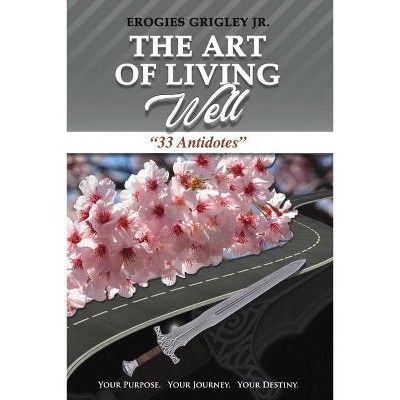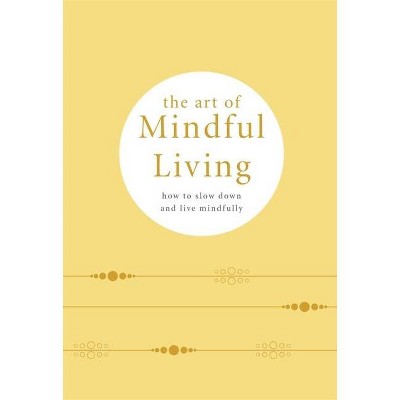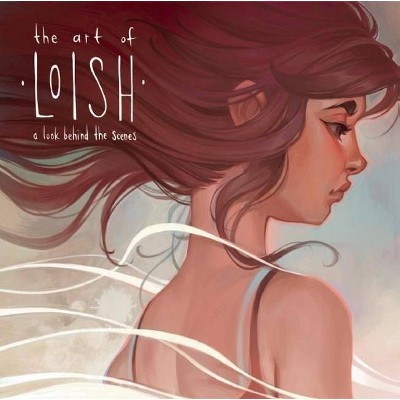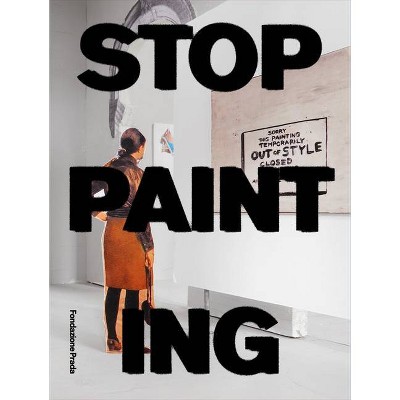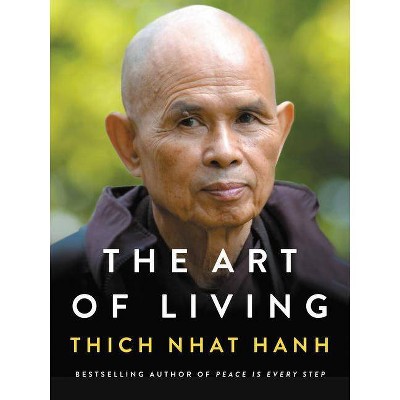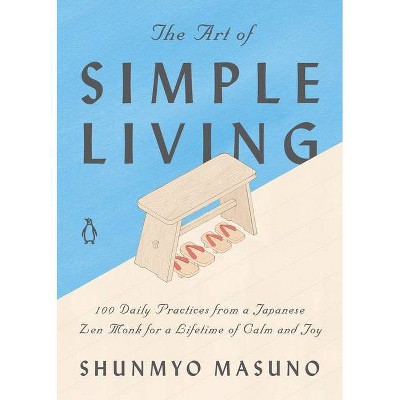The Art of Living Well - by Paul Van Tongeren (Hardcover)
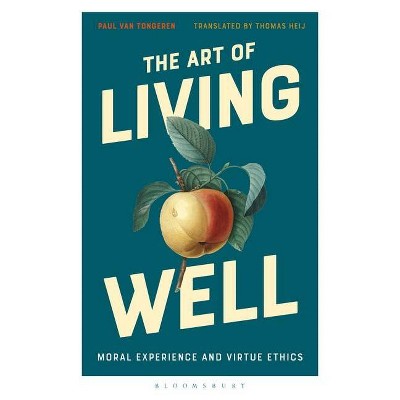
Similar Products
Products of same category from the store
AllProduct info
<p/><br></br><p><b> Book Synopsis </b></p></br></br>The first English translation of the prize winning Dutch title <i>Leven is Een Kunst, </i>this is a fascinating book, in which prominent ethicist and Nietzsche specialist Paul van Tongeren creates a contemporary version of classical virtue ethics. Virtue ethics goes right back to the moral philosophy of Aristotle and some could argue is nothing new. However, Van Tongeren demonstrates how the original Artistotlean approach been extended and corrected throughout the centuries by the Stoics, Christianity, and Nietzsche and how we now need new kind of ethics - a creative, artful ethics that takes seriously the desire to 'live well'. <br/> <br/>Acting as both a brilliantly clear introduction to virtue ethics and moral philosophy and a serious work of original philosophy, this book connects philosophy with real lived experience and tackles, head-on, the perennial philosophical question: how do we live well<p/><br></br><p><b> Review Quotes </b></p></br></br><br>Ambitious in scope, clearly written, and accessible to both academics and laymen, Paul van Tongeren's proposed 'hermeneutical ethics' ventures to construct a modern virtue ethics for a secular world in tension with its own meaninglessness, while still respecting alternative ethical theories as interpretations of unique aspects of moral experience.<br/>Matthew Valentine, Instructor in Philosophy, Duquesne University, USA<br><br>Human relations and the will to practise ethics, as opposed to merely theorising about its foundations, are the main focus of this work that enables us to transform our life in such a way as to consider it the privileged object of a special, refined, and philosophically oriented form of art.<br/>Emidio Spinelli, Associate Professor of the History of Ancient Philosophy, Università di Roma La Sapienza, Italy<br><br>Paul van Tongeren's highly readable book not only updates MacIntyre's <i>After Virtue</i>by putting it in dialogue with new and different thinkers, it also recalls its predecessor's philosophical ambition and impressive breadth of reference. One of its key accomplishments is to bring together virtue ethics with philosophy as a way of life. Anglophone readers will particularly benefit from the author's attention to Dutch and German exponents of the ethics of self-cultivation. Students of Aristotle and Nietzsche will also find much here to think over. It deserves to be widely read, enjoyed, and debated.<br/>Kurt Lampe, Senior Lecturer of Classics, University of Bristol, UK<br><p/><br></br><p><b> About the Author </b></p></br></br><p><b>Paul van Tongeren</b> is Professor of Moral Philosophy and Ethical Theory at Radboud University, Nijmegen, The Netherlands; Special Professor of Ethics at the Institute of Philosophy in Leuven, Belgium; and Associate Researcher at the University of Pretoria, South Africa<br><b><br>Thomas Heij </b>studied philosophy at the University of Groningen, The Netherlands, and works as editor at the Nexus Institute</p>
Price History
Price Archive shows prices from various stores, lets you see history and find the cheapest. There is no actual sale on the website. For all support, inquiry and suggestion messagescommunication@pricearchive.us
